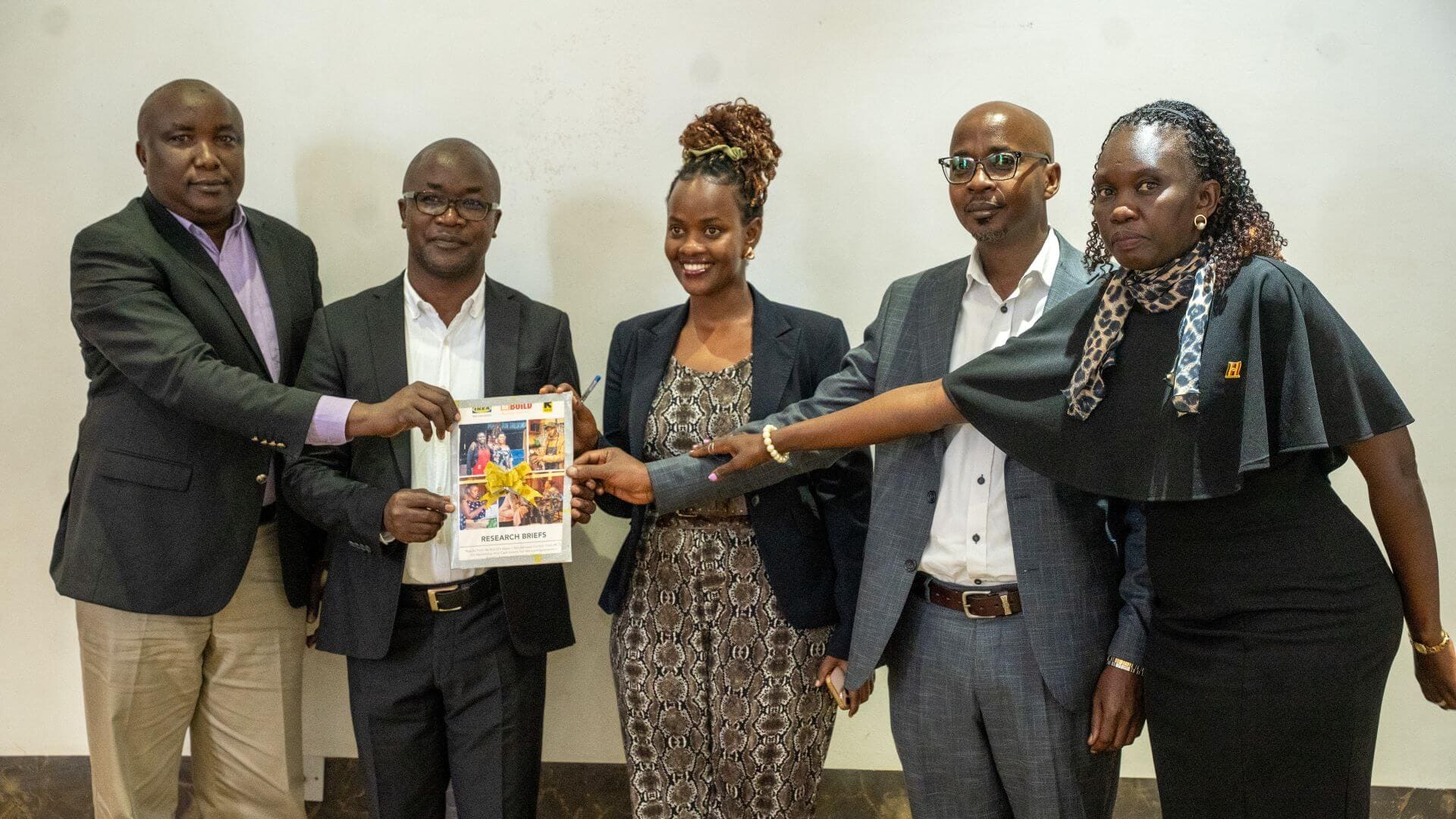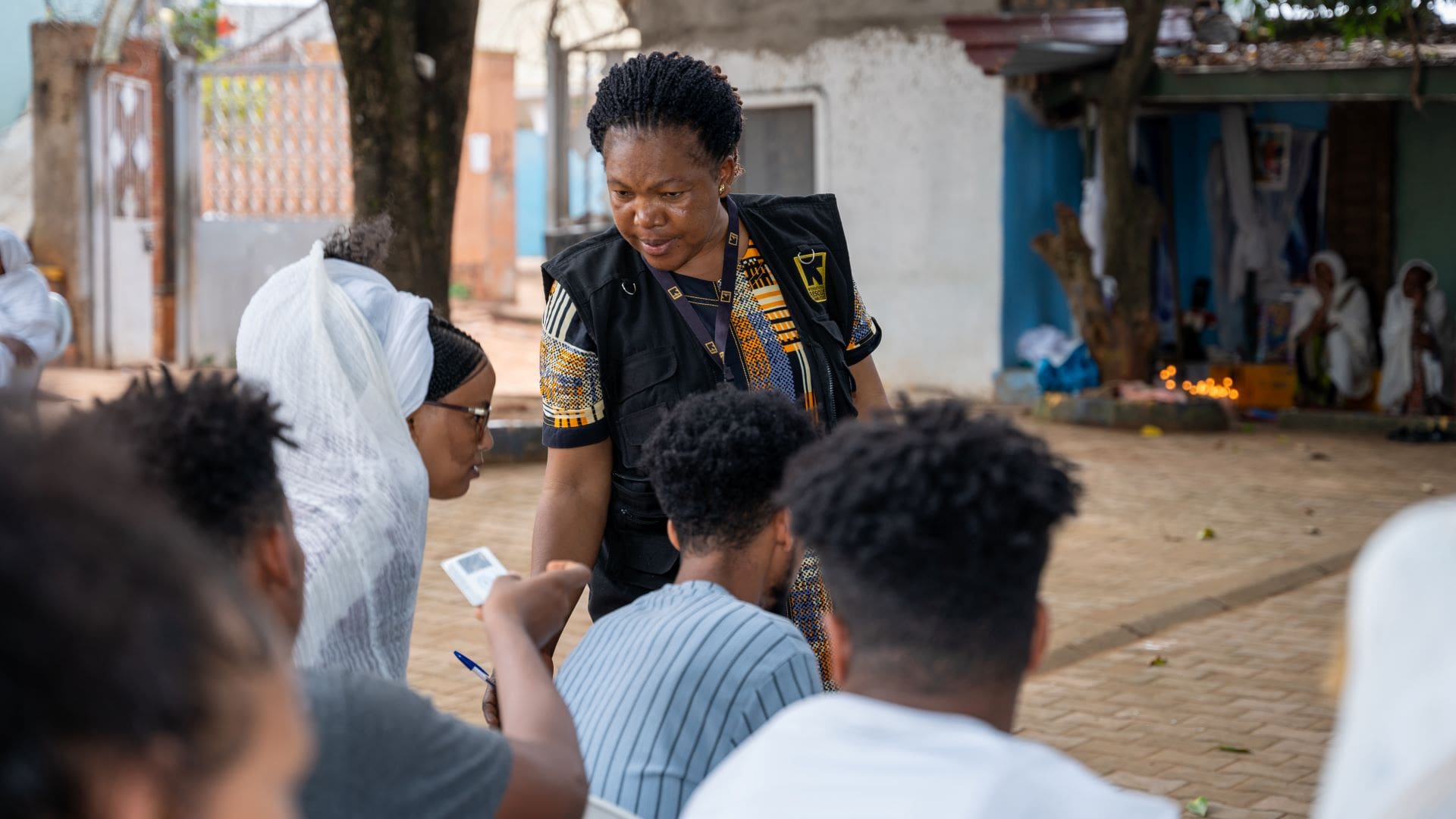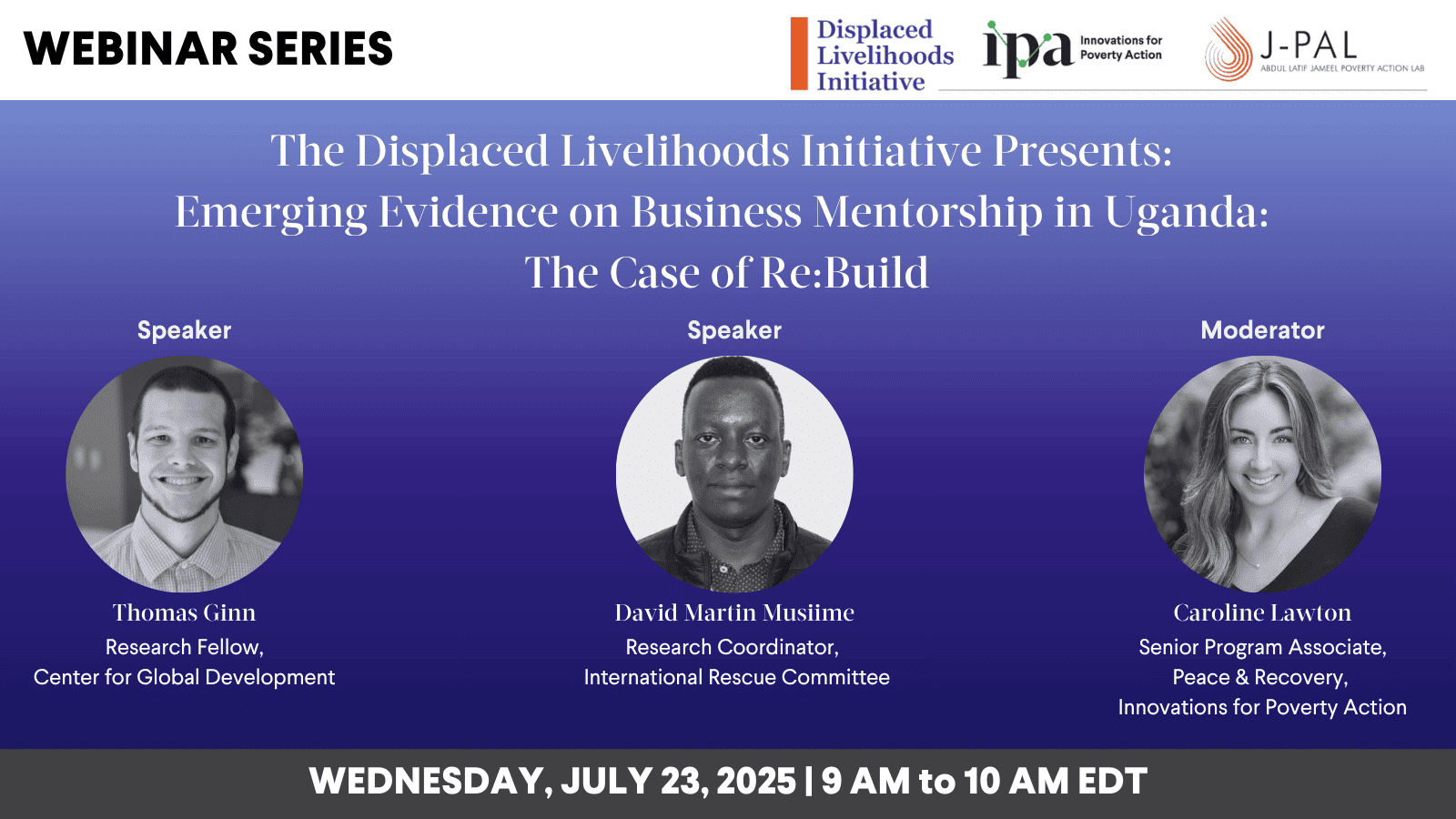IRC Re:BUILD at the First Africa Urban Forum|| Transforming Africa through Sustainable Urbanization
IRC Re:BUILD at the First Africa Urban Forum|| Transforming Africa through Sustainable Urbanization
IRC Re:BUILD at the First Africa Urban Forum|| Transforming Africa through Sustainable Urbanization
By Irene Shiundu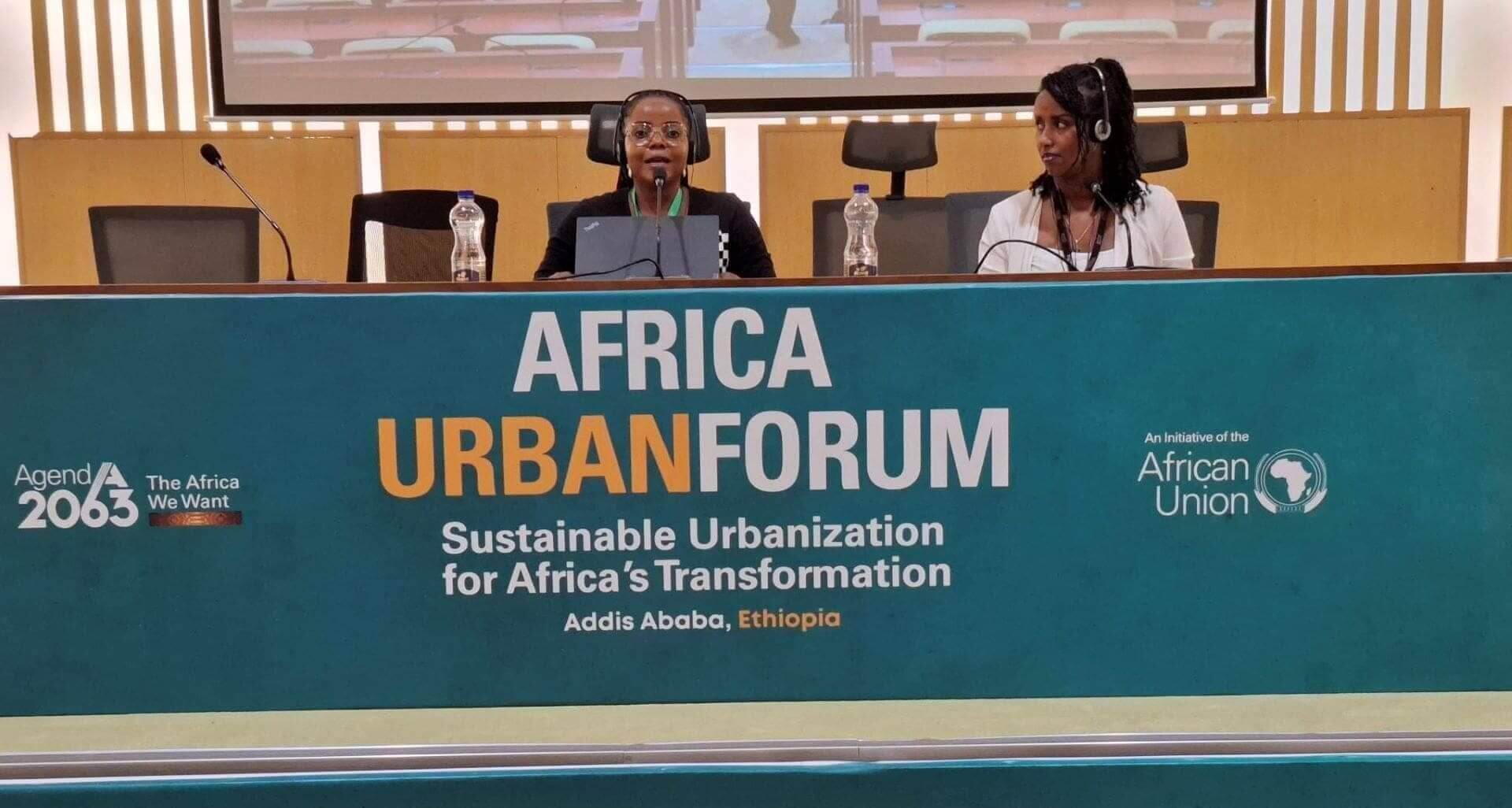
The inaugural Africa Urban Forum (AUF) 2024 was convened on the 4-6 September 2024 at the Adwa Victory Memorial Museum, Addis Ababa, Ethiopia. The forum explored the critical role of urbanization in achieving the objectives of Agenda 2063 and shaping the future of Africa’s cities structured around two sub-themes: financing urbanization for socioeconomic transformation; and sustainable and resilient urban development in Africa.
Urbanization Forecast
“The urban population is forecast to double by 2050, with cities absorbing an additional 600 million people, for a total of 1.2 billion.” said Anaclaudia Rossbach, Executive Director of United UN-Habitat”. She further opined that if managed effectively, African cities might become epicenters of economic growth, innovation, and social revolution. However, “present fast urbanization appears to worsen existing inequities, stress infrastructure and services, and pose severe environmental issues. “
Migration and Displacement discourse
While forced displacement was not a central theme of the AUF, a few key dialogues took place bringing together leaders from government, academia, multilateral and international organizations, and civil society to discuss the intersection of forced displacement and urbanization. The two key discussions were on, first, more resilient African cities as part of the solution for force displacement and migration. This session focused on the challenges and opportunities posed by forced displacement and migration in African cities, with an emphasis on the Sahel and the Horn of Africa. It explored how urbanization intersects with migration and how cities can better accommodate displaced populations through integrated, inclusive urban planning. The discussion highlighted the importance of collaboration between local governments, humanitarian organizations, and development actors to create sustainable, scalable solutions. The major outcome was a deeper understanding of migration trends and strategies for enhancing urban resilience and social cohesion.
Second on advancing Resilient Housing and Sustainable Construction in Africa’s Informal Settlements. The session was organized by International Institute for Environment & Development (IIED), Slum Dwellers International (SDI), UN Habitat, Cities Alliance, Habitat for Humanity Africa, Center for Affordable Housing Finance in Africa (CAHF) et al. This event explored innovative solutions to Africa's severe housing deficit, where up to 90 per cent of the population live in inadequate conditions. The panel focused on pro-poor strategies such as improved construction practices, sustainable material use, and incremental loans, all aimed at creating resilient housing that can withstand the impacts of climate change. The outcomes of this discussion were intended to contribute to the AUF Declaration and inform global housing strategies leading up to World Urban Forum 12 in November 2024 in Cairo.
Panelists and participants highlighted access to adequate housing as a human right; yet almost three billion people worldwide face housing inadequacy, and 1.1 billion still live in slums and informal settlement managing the impacts of displacement due to war and conflict; therefore, critical to promote social cohesion and inclusivity through urban planning and design; and addressing environmental sustainability concerns, amongst other human-centered solutions.
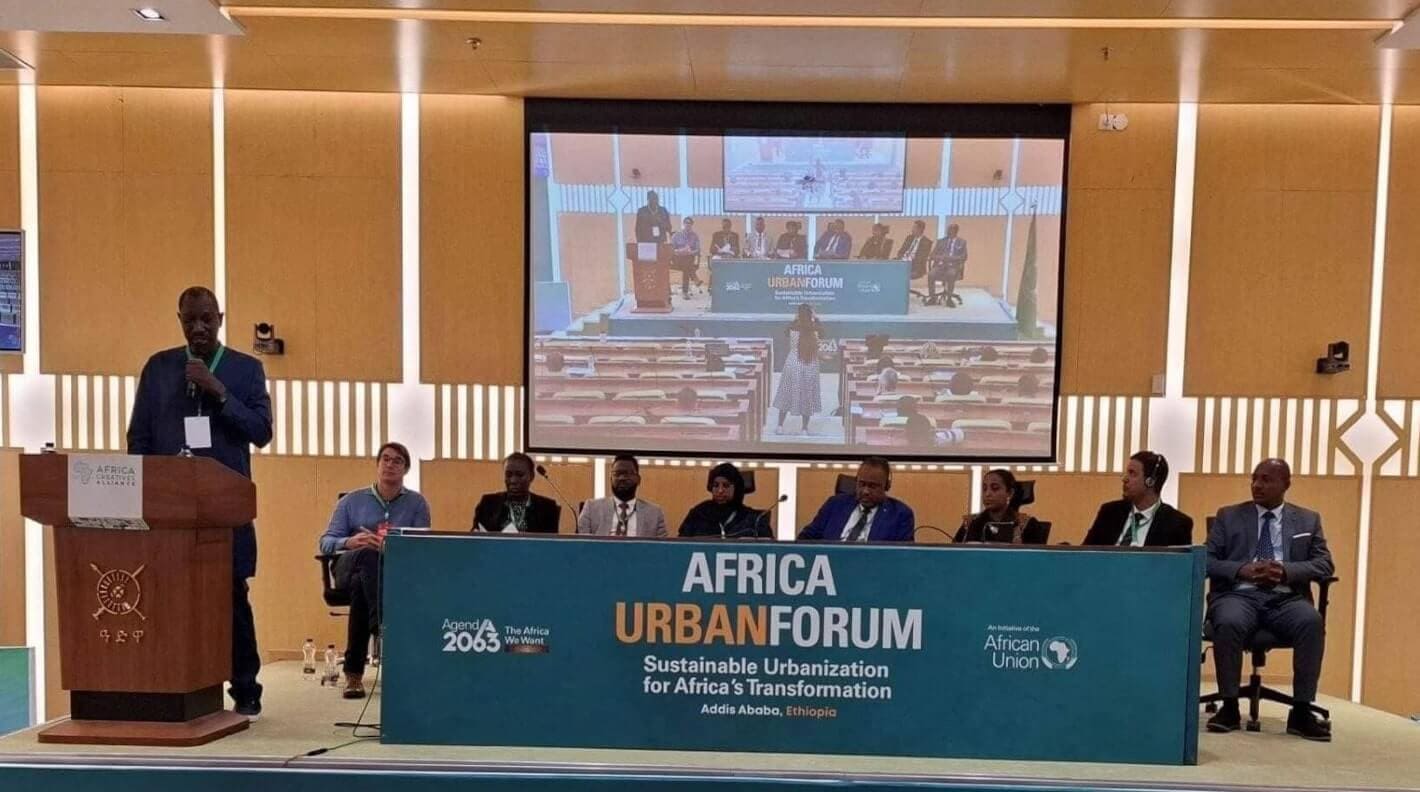
September 6, 2024, Addis Ababa, Ethiopia. Participants during the African Urban Forum at the Adwa Victory Memorial Museum, Addis Ababa, Ethiopia.
IRC’s Jamin Kusuania, the Senior Advocacy Manager intervened and emphasized that” while inclusive urban planning is necessary, as is ensuring that urban informal settlements are mitigated alongside climate impacts, it is critical to focus on how refugees and asylum seekers' services are integrated into cities' governance and social systems to better manage growing demands and influxes, enhance service delivery, and provide refugees and asylum seekers with tools for long-term self-reliance.” This necessitates dedicated partnerships in urban development financing, capacity building, and project delivery.
Sustainable and resilient urban development
Regardless of the multifaceted challenges for urbanization in Africa, stakeholders at the forum remain optimistic that with urgent interventions, the continent can harness the immense opportunities that come with urbanization. Experts from various fields, including governments, academia, urban planners, economists, architects, developers, community leaders, residents, civil society, the private sector, development agencies, and practitioners shared best practices related to urban development and planning commitment to action.
While the Harmonized Regional Framework for Implementing the New Urban Agenda was developed to bolster member states reap the benefits of urbanization by leveraging cities and human settlements to promote equitable growth, eliminate poverty, and increase economic competitiveness, participants were cognizant that much more was required to attain a coordinated and integrated approach to sustainable and resilient urban development. The forum concluded by citing recommendations for member states to enable effective execution. Albeit others, these include: first, inclusive planning entails participatory urban planning practices that actively engage all stakeholders, especially marginalized and vulnerable groups, in decision-making is essential for developing equitable and sustainable urban ecosystems. Prioritizing inclusivity allows us to create urban environments that promote equal opportunities, social equity, and a higher quality of life for all residents by leveraging digital tools and platforms to improve citizen engagement and feedback mechanisms, ensuring that community voices are heard and considered in urban development projects.
Second, support cities' capacity to develop and implement transformational projects, including by improving their transparency and accountability systems and processes. Third inclusive urban policies that enhance education, climate risks, Resilience and Adaptation capacity to withstand and recover from shocks and stresses, including natural disasters, economic downturns, and public health crises, through improved disaster risk management, urban planning, and infrastructure development. Finally advocacy, outreach, communication, collaboration among governments, international organizations, private sector entities, civil society, and local communities is critical to ensuring that diverse perspectives and expertise are included in urban development initiatives.
